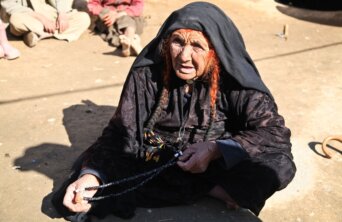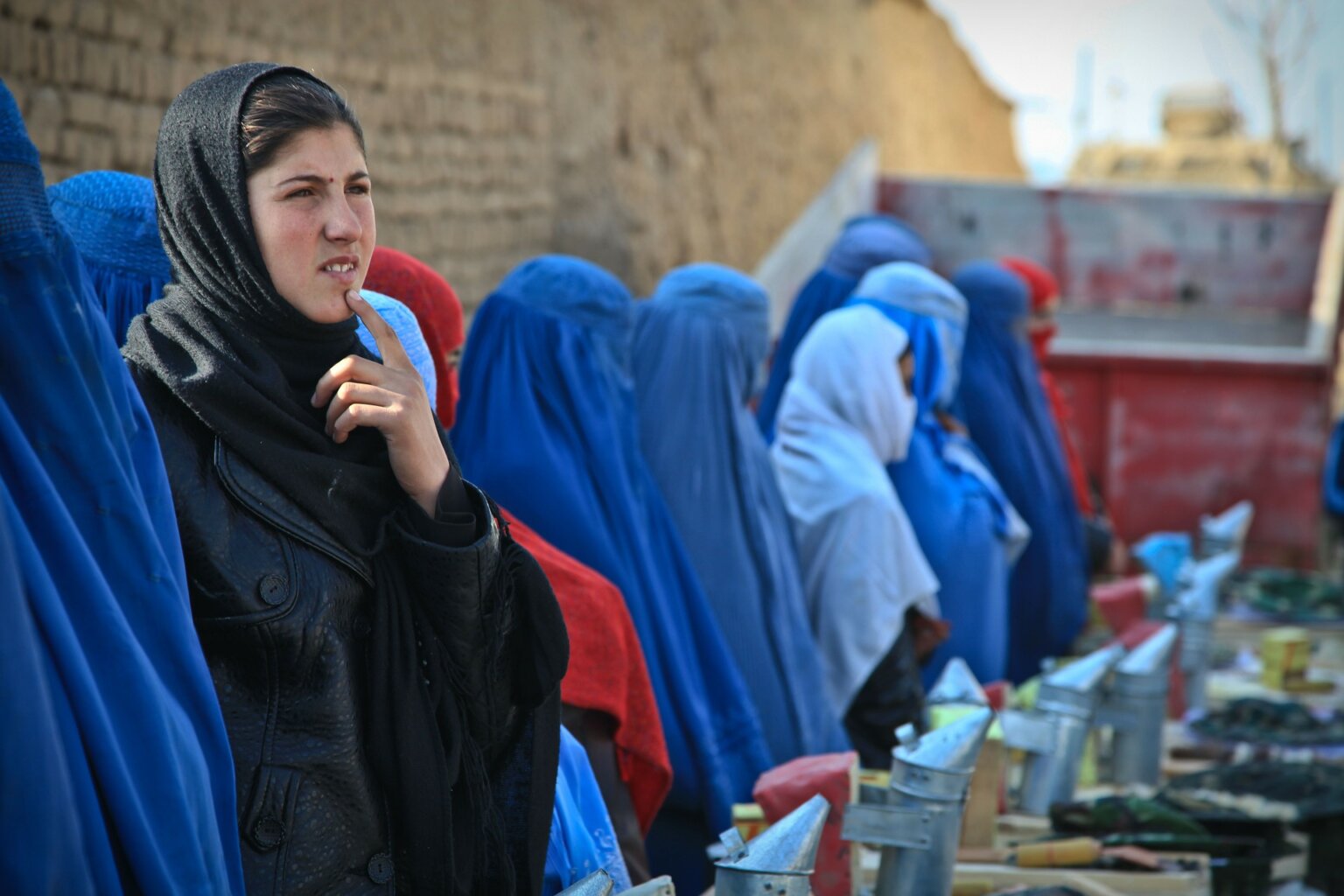- About
- Topics
- Story
- In-Depth
- Picks
- Opinion
- News
- Donate
- Signup for our newsletterOur Editors' Best Picks.Send
Read, Debate: Engage.
| topic: | Women's rights |
|---|---|
| located: | Afghanistan |
| editor: | Manija Mirzaie |
As we miserably approach the third year of the Taliban's brutally harsh rule in Afghanistan, the international community's evident failure in engaging the group on the rights and liberties of its citizens, especially the women and girls, is becoming more and more evident.
One of many examples in this context is the highly anticipated meeting in Doha, Qatar, which failed to create any momentum in that direction.
The rights issue is at the heart of the debate surrounding Afghanistan's isolation from the international community and its possible return to the global arena.
However, what happened in the UN-led diplomatic push in Doha demonstrated the harsh stance of the Taliban and the lack of any robust initiatives by the international community.
The UN Secretary-General António Guterres invited the Taliban to meet with international envoys in Doha, but the Taliban snubbed it. Besides the occasional statements to demand that the Taliban include minorities and respect human rights, particularly women's rights, the UN has made little progress in improving matters for Afghans trapped under Taliban rule.
A recent daring ground reporting initiative by the UN has unearthed once again the extent of marginalisation of Afghanistan’s female population in all aspects of life, to the extent of gender apartheid and the feeling of imprisonment.
In the situation report, women expressed dread and anxiety when asked to consider the possibility of international recognition of the Taliban's de facto rule in the country.
An overwhelming 67 per cent of women told the UN agencies from different parts of the war-ravaged country that the recognition of the Taliban as a legitimate government of the country would exacerbate the women's rights crisis and increase the risk of the group furthering the existing restrictions targeting women and girls with impunity.
Since taking charge, the Taliban have been drastically eliminating women and girls from public life with an absolute ban on education above grade six and crippling restrictions on movement, dress code and all sorts of life choices. This alienation based on gender has been a clear pattern in the group's governance over the past couple of years.
This UN document can serve as the foundation of a legitimate representative opinion of the Afghan population, especially the women and girls.
As recommended by the authors of the report, any further engagements with the Taliban shall demand the Taliban to reverse restrictions on women and girls and never overlook the severity of an unprecedented women's rights crisis and the associated violation of international law based on the treaties Afghanistan has ratified.
Image by Amber Clay.

